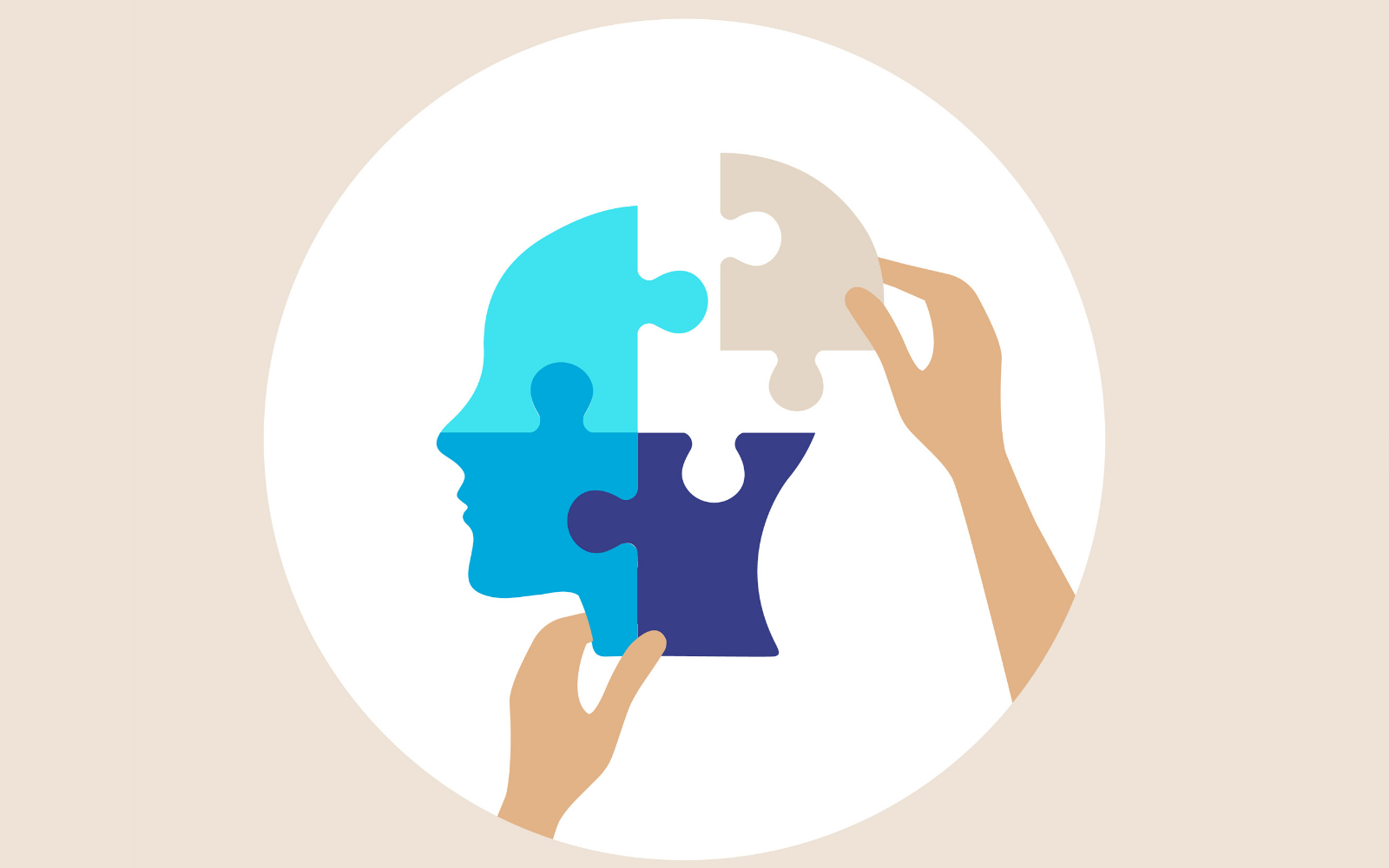Dr David Griffiths is a practising GP and the Medical Director of Consultant Connect. In this blog article, Dr Griffiths writes about managing Mental Health in primary care.
As a GP, I find helping patients with their mental health one of the most satisfying aspects of my job. However, delivering mental health care can be challenging for a variety of reasons, including:
- Limited time for clinical discussions and peer support
- Anxiety about managing risk, especially self-harm and suicide risk, and being blamed if things go wrong
- Limited options for onward referral or support, particularly in the wider community
- The complexity of managing co-existing mental and physical ill-health
- The higher risk of side effects with mental health drugs and the challenges of polypharmacy
- Difficulty in diagnosis, particularly with the rise of Personality Disorders (PD) and the lack of support services and long-term strategies for these patients
- The complexity of medication decisions, especially for patients with depression and chronic pain or conditions such as Parkinson’s disease or dementia.
Many of the solutions to mental health issues are societal, cultural and, inevitably, political. To truly impact mental health on a large scale, we need to address the root causes, which would require policy changes in housing, education, welfare, and employment. The list goes on…
So, what can we do within our existing paradigm? Ideas include:
- Increasing the availability and accessibility of mental health services in the community, particularly for marginalised and underprivileged groups:
- The barrier to entry to Mental Health services is high due to geographical factors, cultural and psychosocial issues (including the money needed to get to venues) and, of course, stigma
- Putting resources closer to home can lower this barrier
- Destigmatising mental health and promoting awareness:
- Although this is potentially a national debate, there are undoubtedly things we can do locally
- A GP surgery could encourage its receptionists to bring up mental health if they hear certain triggers, could enhance its waiting areas to emphasise Mental Health inclusion and could have Mental Health support workers floating in reception; again, the list is long, with many ideas I’ve never even considered
- Integrating mental health services in primary care:
- The primary care/secondary care divide is particularly stark in mental health
- Secondary care has extremely limited resources, but it is enormously valuable to primary care
- Can we work synergistically to manage the Mental Health of a population?
- Even a short, regular meeting can be incredibly valuable
At Consultant Connect, we enable GPs to reach out for this secondary care support. When a health professional sees a patient with complex mental health needs, the first instinct is to refer to a specialist, but in many cases, a rapid conversation with a specialist renders a referral unnecessary. The service works so well because it’s fast and reliable, it doesn’t come with additional hardware or software to implement, and all call data is recorded and easily accessed for review.
Telephone Advice and Guidance from a consultant is like gold dust for a GP. My local consultant psychiatrist gives brilliant advice on medication choices (with detail on why certain combinations work better than others), diagnostic dilemmas (‘I often find, when patients say/do this, the diagnosis is likely to be…’) and treatment plans (‘There is a specific service accessed in this way which you’ve never heard of’!) to give a few examples.
Getting access to this repository of knowledge and expertise via a simple phone call is an absolute lifeline. After all, as discussed at the start, providing good Mental Health care can be stressful.
At Consultant Connect, we have also launched the app Teladoc myStrength which uses highly accessible and tailored coping and well-being tools and can be used by NHS areas for whole population wellness and self-care.
I always tend to end this type of discussion with a bit of Bob Hoskins: ‘It’s good to talk’. Boring though I am, I think this bears repeating. It IS good to talk, especially about ways to offer the very best advice and care to patients with mental health difficulties.
If you have any questions or would like to find out more about services to support mental health care services in your area, please email hello@consultantconnect.org.uk or call us on 01865 261 467.
Related materials:

